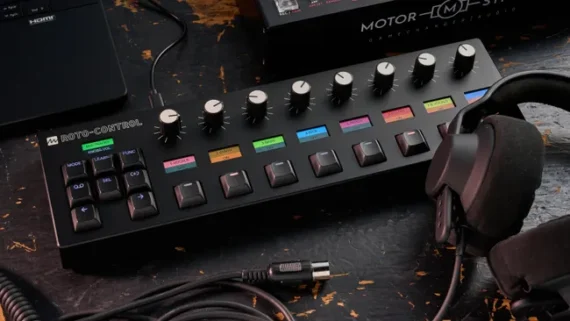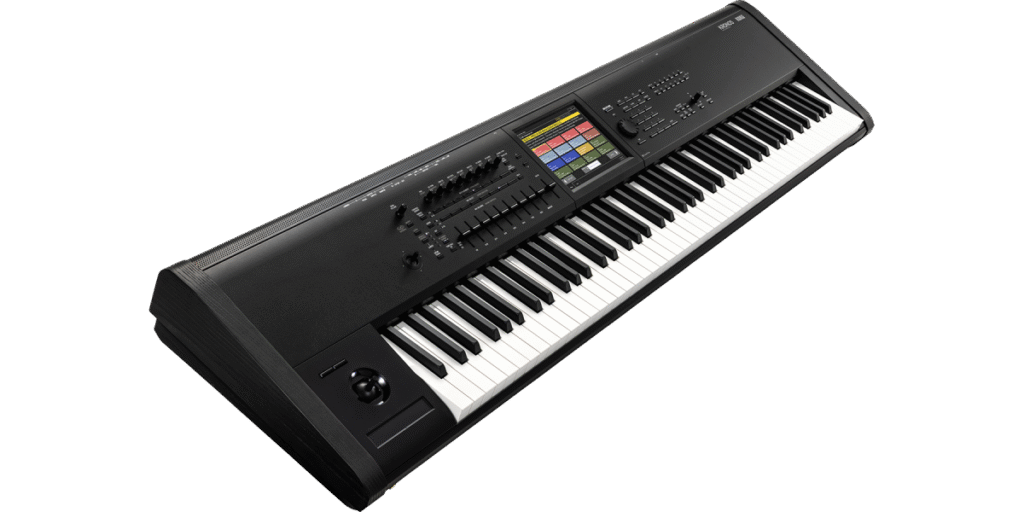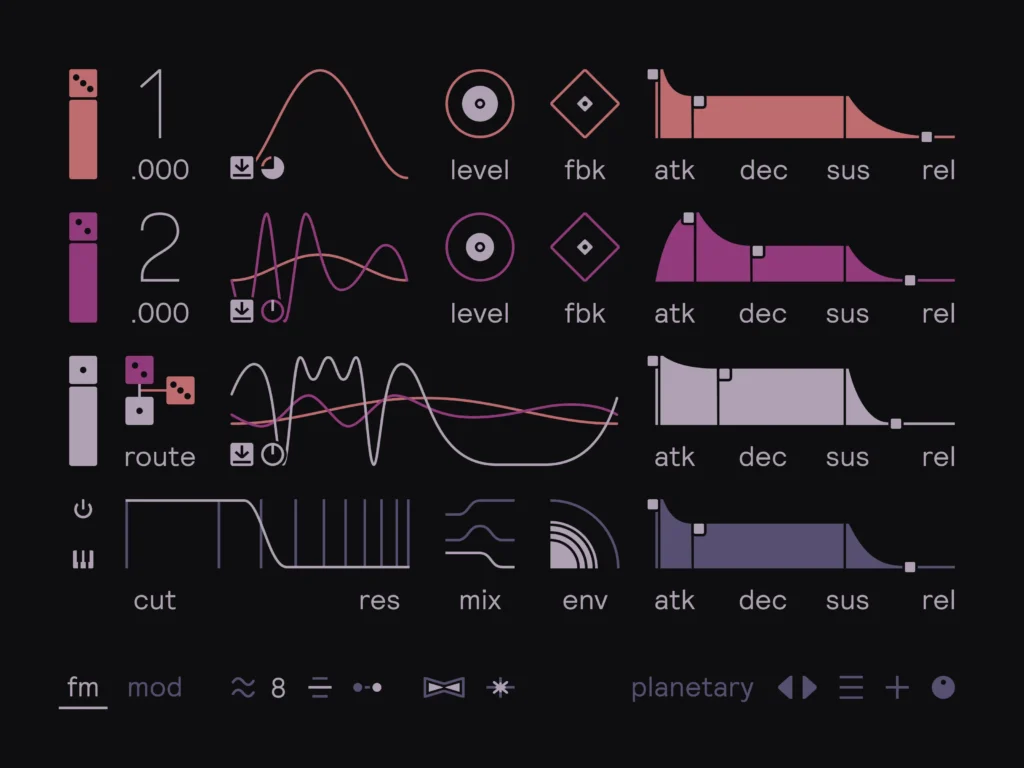Melbourne Instruments’ Roto-Control Firmware Update Gets Bigwig Studio Integration

Announced earlier this year at NAMM 2025, Melbourne Instruments’ Roto-Control is a MIDI controller with a difference.
Equipped with eight motorized knobs, Roto-Control also offered Ableton Live integration straight out of the box.
Today, Melbourne Instruments has announced a major firmware update for Roto-Control, and in response to “strong community demand”, the controller now offers the same level of integration with Bitwig Studio.
In the controller’s MIX Mode – which syncs automatically with the mixer in Ableton and Bitwig, mapping its controls across Roto-Control’s knobs and buttons – colours and track names from a Bitwig project will now appear on ROTO-Control’s displays, updating automatically in response to any changes in the session.
In Roto-Control’s PLUGIN Mode, plugin parameters and labels are lifted directly from the DAW and stored locally on the device, and custom mappings will be instantly recalled when opening plugins across any Bitwig project.
Roto-Control’s 2.0 update also brings with it a raft of additional features and enhancements, including the ability to send MIDI notes and program changes using the controller’s eight mechanical keyboard-style buttons in MIDI Mode.
Roto-Control now offers manual mapping and customization of racks and macros in Ableton Live, and Remote Control page navigation for Bitwig Studio. Additionally, the controller’s MIX Mode now supports track grouping, a feature that’s been requested by many Roto-Control users. What’s more, Roto-Control now offers support for Linux.
With their customizable haptics, Roto-Control’s motorized and touch-sensitive rotaries make for an innovative concept, and the controller has made a lasting impression since its launch earlier this year.
But, many non-Ableton users were disappointed by Roto-Control’s lack of full integration with other DAWs.
With the 2.0 update, Melbourne Instruments addresses those concerns, and the company says that we can expect to see Roto-Control integration rolled out to DAWs such as Logic and Cubase in future. (It’s worth noting that if you don’t use Ableton Live or Bitwig Studio, you can of course still control your DAW with Roto-Control using its MIDI Mode.)
Find out more and download the update on Melbourne Instruments’ website.



